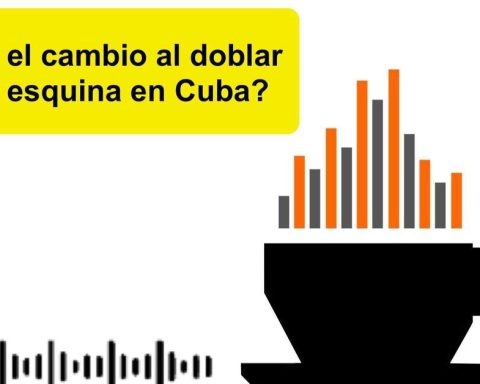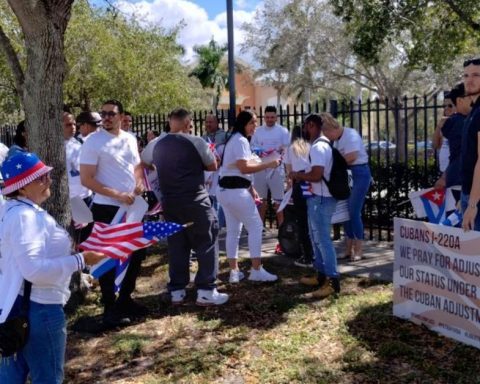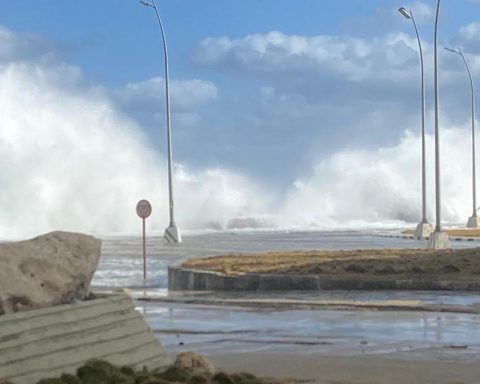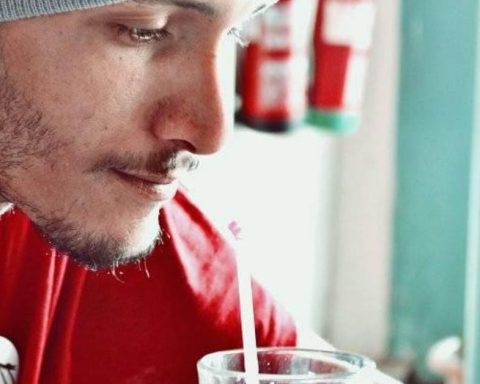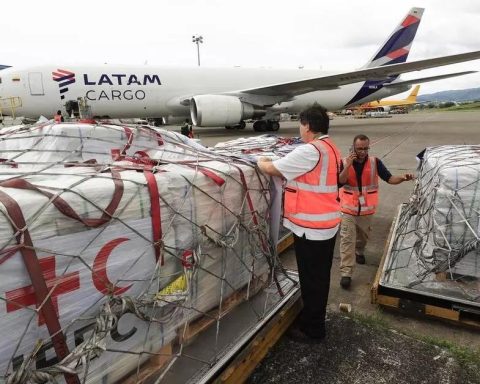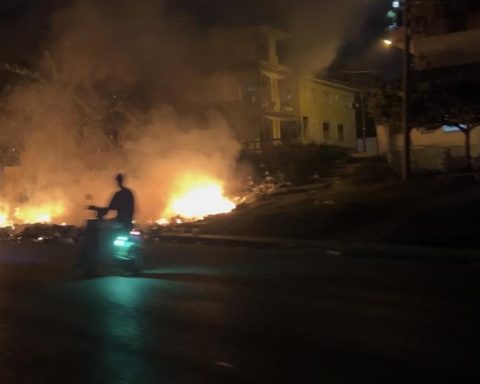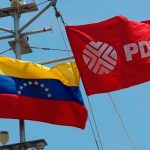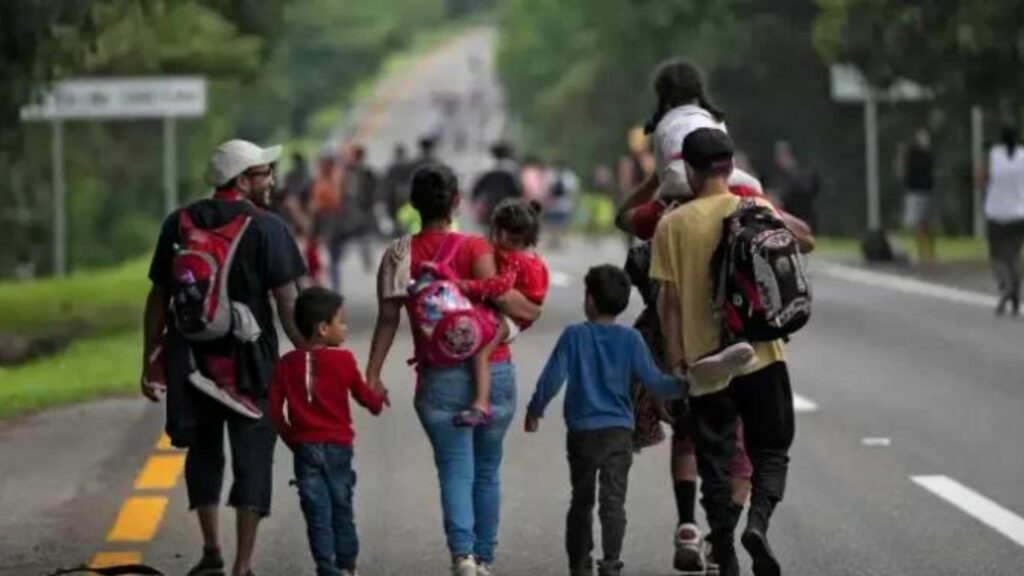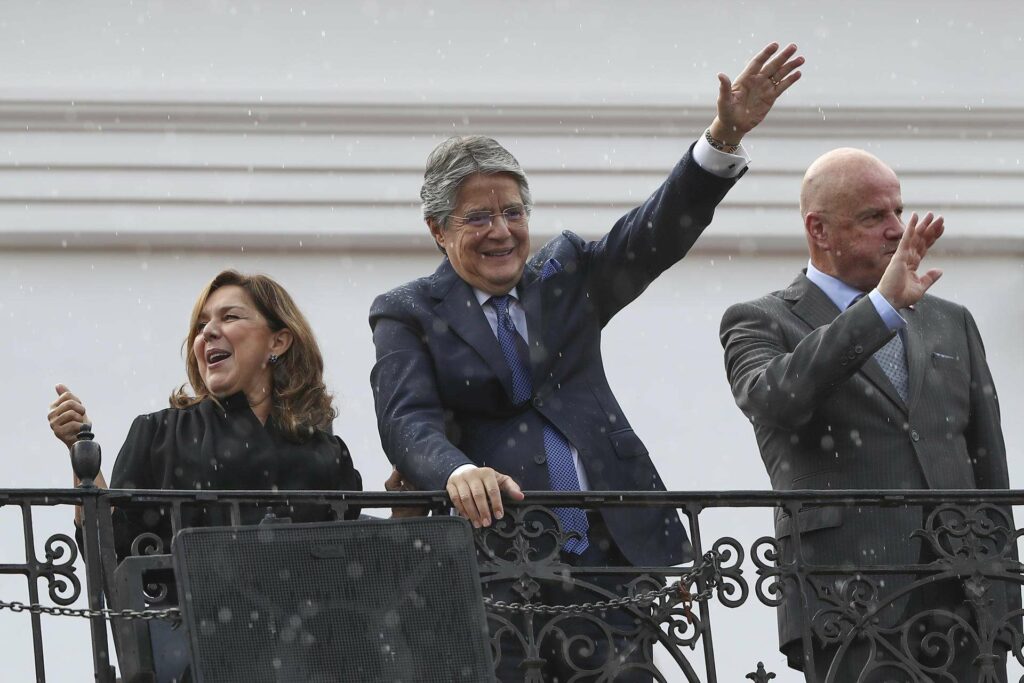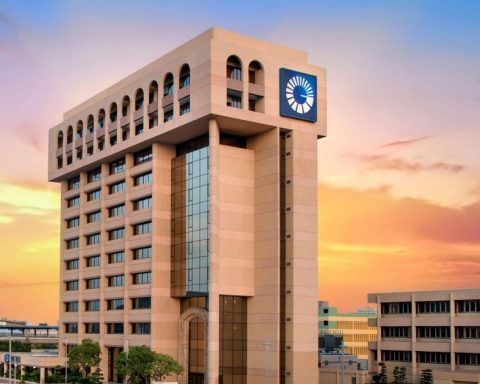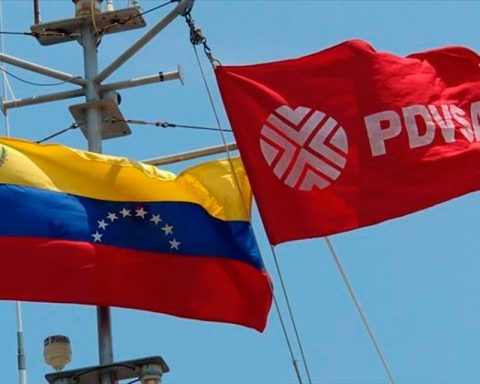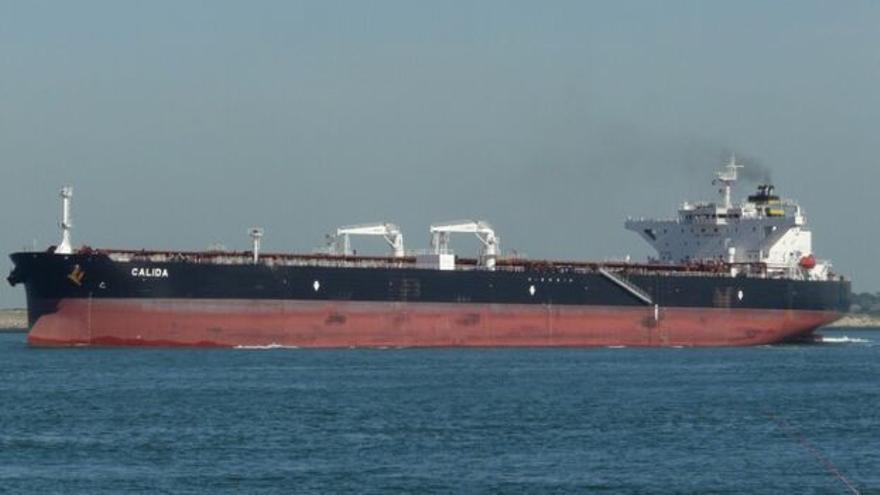
The fuel crisis, the protests and blackouts, the arbitrary detentions, and the alleged negotiation over the sending of Cuban troops to support Russia in its war against Ukraine dominated the flow of rumors in Cuba during the month of April. After regular monitoring, 14ymedio and Yucabyte report on the main issues that have circulated on social networks.
The possibility that the regime is refining and selling the crude that arrives on the island from allied countries such as Venezuela and Russia, as a means of earning foreign currency was one of the most frequent rumors of the month. The official denial of the rumor was not long in coming: the director of the Cuba Petróleo Union (Cupet) affirmed that the country “does not export gasoline, since national consumption is not guaranteed.”
Although it has not been possible to confirm that the regime resells the fuel it receives, the movement of oil tankers in Cuban ports has been irregular and the Government has hidden, on several occasions, the name and origin of the vessels. Rumors have also indicated that it is the Revolutionary Armed Forces (FAR) who allegedly appropriate part of the fuel received, to allocate it to their “reserves.”
The fuel shortage has triggered comments about the blackouts and several reports of pot-raws, the most important in Trinidad and Sancti Spíritus
The fuel shortage has triggered comments about the blackouts and several reports of pot-rattling, the most important in Trinidad and Sancti Spíritus, which, some users say, led to the militarization of both cities.
Various rumors also denounced the closing of the classrooms as a measure to save electricity. In the same context, the alleged crime of child abuse of those who force students to attend classes with the school lights off was aired.
Lastly, and despite the fact that the government announced with great fanfare the massive celebration of the May Day parade, many Twitter users anticipated that the regime would be forced to recalculate or suspend the meeting, citing the lack of fuel as an excuse. Indeed, shortly after Miguel Díaz-Canel indicated that the parade would be much more modest and that he would give up his usual headquarters in the Plaza de la Revolución.
Those who did get rid of the shortage were, supposedly, the agents of the regime, whom several users captured buying fuel, food and other supplies with extreme ease.
The arbitrary detention of journalist and writer Jorge Fernández Era, in Havana, did not go unnoticed
In a context as critical as that of the month of April, there were also comments related to the repression that the Island is experiencing. The detention arbitrary attack by journalist and writer Jorge Fernández Era, in Havana, which unleashed, according to the intellectual himself, “a wave of solidarity throughout the country,” while exposing “the clumsiness of State Security.”
The arrest of professor Alina Bárbara López, who demanded the release of Fernández Era in Matanzas, also caused concern in the networks. Although for several hours there was uncertainty about the different versions of her encounter with the Police, the academic recounted in detail – like Fernández Era – her own account of the events.
However, nothing more has been known about the activist Marisol Cobas, who was introduced into a police patrol along with her seven-year-old daughter. Several independent journalists denounced that the girl herself had received a summons from the authorities for her to attend an interrogation that would presumably be carried out by a psychologist from the Ministry of the Interior. Cobas herself was charged in March, and later released, for alleged “acts contrary to the normal development of the minor.”
For his part, the attack suffered by the political prisoner Amaury Leyva, who has been in prison since the protests of July 11, 2021, also circulated as a rumor. The young man, some users say, was beaten by an inmate in the maximum security prison of the Combinado del Este, in Havana, where he is serving a 16-year sentence.
A significant number of rumors recorded in April point to the increasingly close alliance between Havana and Moscow
A significant number of rumors recorded in April point to the increasingly close alliance between Havana and Moscow. After the Russian state launched a invasion against Ukraine on February 24, 2022, several rumors circulated on the Island about the possibility that the regime would send troops to the battlefront. These rumors were not denied by the Cuban government, but neither were they sent, as the comments stated, to the young recruits of the Compulsory Military Service.
A year later, the rumor of war support for Russia returns to the internet, this time alluding to the alleged compliance with a military agreement of which there is no news. It is likely that these rumors have been sparked by recent visits to Havana by senior Kremlin officials, including Viacheslav VolodinChairman of the Duma, lower house of the Russian Parliament; Nikolai PatrushevSecretary of the Security Council, and Sergey LavrovForeign Minister of Russia.
Lavrov’s visit, on a tour of Latin America, was particularly alarming for some users, who were quick to remember that Cuba has previously sent its soldiers to conflicts in which one of its strategic allies was participating. This is the case of Algeria, during the 1960s, and of Angola, the Congo or Ethiopia, in the following decade.
________________________
Collaborate with our work:
The team of 14ymedio He is committed to doing serious journalism that reflects the reality of deep Cuba. Thank you for accompanying us on this long road. We invite you to continue supporting us, but this time becoming a member of our newspaper. Together we can continue transforming journalism in Cuba.
